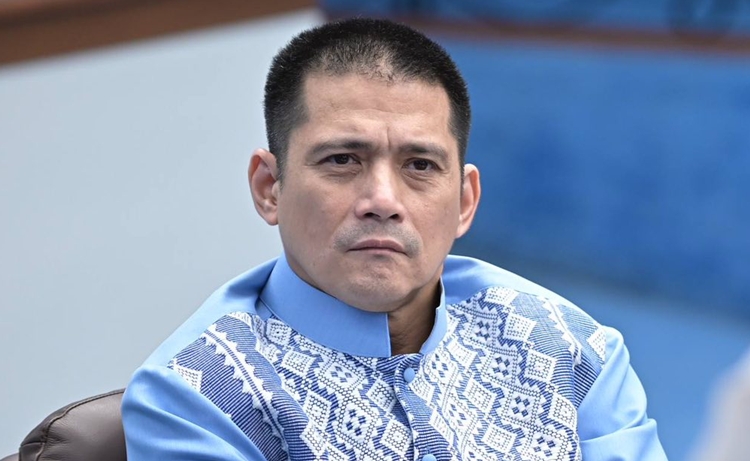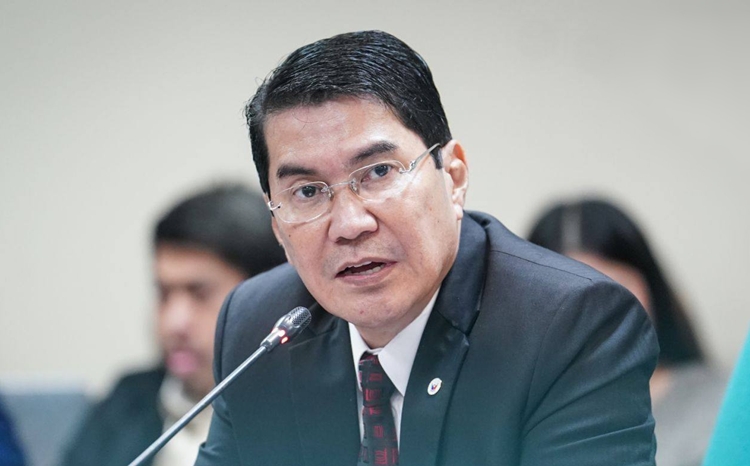Robin Padilla: “Tayo po ang dapat na unang tagapagtanggol ng batas, hindi ang unang lilihis”
ROBIN PADILLA vs. ERWIN TULFO – The actor-turned-senator strongly opposed the broadcaster-turned-senator’s controversial “bend the law” remark.
Padilla and Tulfo clashed during a Senate plenary session over Tulfo’s statement made at a Blue Ribbon Committee hearing. The discussion stemmed from allegations that lawmakers, contractors, and officials from the Department of Public Works and Highways (DPWH) stole billions of pesos from flood control project funds.
During the hearing, Senator Erwin Tulfo declared, “Sometimes you have to bend the law! Ibalik ang pera!” His statement came after a debate between Justice Secretary Jesus Crispin Remulla and Senator Rodante Marcoleta about individuals involved in the corruption scandal who wanted to testify and be included in the Witness Protection Program. Marcoleta argued there was no legal basis for requiring suspects to return stolen funds before being admitted to the program, while Remulla said it could be requested in the interest of public good.

Senator Robin Padilla strongly rejected Tulfo’s “bend the law” statement. In his manifestation, Padilla warned that setting aside laws for convenience could lead to dangerous consequences, especially in places like Mindanao where peace and order are fragile. He stressed that laws exist to protect everyone and serve as the foundation of a civilized society.
“Bilang mga mambabatas, tayo po ang dapat na unang tagapagtanggol ng batas, hindi ang unang lilihis,” Padilla said. He urged fellow officials to uphold due process and avoid undermining public trust in government institutions. Padilla also warned against creating a precedent that could justify chaos or rebellion, citing historical injustices in Mindanao and the struggles of indigenous communities who rely on the law for justice.

In response, Tulfo stood by his statement, explaining that it was an expression of public frustration. He highlighted the massive protests where people demanded the return of stolen funds. Tulfo argued that while laws must be respected, legal processes are often slow and ineffective, which could allow corrupt individuals to escape accountability. He clarified that his call was a moral appeal, not a legal directive: “The people are demanding that these people, contractors, DPWH officials, including politicians who made wealth, kumita pa sa flood control, na kung maaari isoli nila ang kanilang ninakaw sa bayan.”
Padilla, however, maintained that laws must always guide actions, warning that ignoring them could lead to disorder. He emphasized that senators, as lawmakers, must serve as role models in following and enforcing the law.
